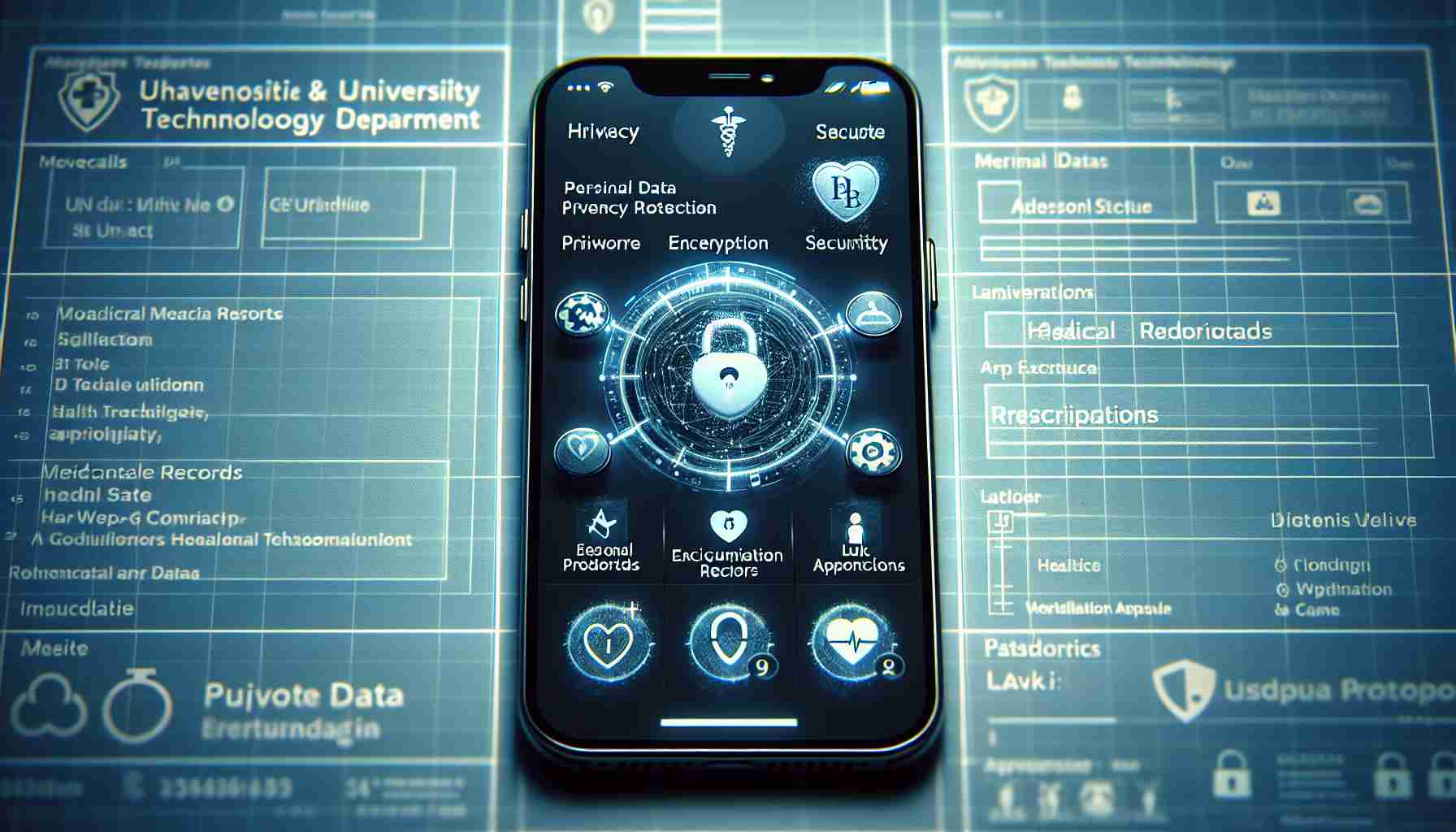The realm of health monitoring has advanced with the integration of smartphones and AI-based applications. These technological wonders aid in managing chronic diseases and fulfilling fitness objectives. Yet, this integration can be double-edged, with the need for constant data flow between the smartphone and mainframe servers resulting in sluggish and power-hungry operations. Engineers from MIT and the MIT-IBM Watson AI Lab have confronted this challenge head-on, crafting a cutting-edge machine-learning accelerator—essential for AI’s increased demand, such as in AR/VR or self-driving tech—capable of ensuring data privacy against prevalent cyber-attacks.
In the pursuit of mitigating vulnerabilities, the researchers conceived optimizations that delicately balance robust security with minimal impact on performance. The device sustains precise computations while securing health records and sensitive data, albeit at the cost of a slight uptick in price and reduced energy efficiency. Maitreyi Ashok, the study lead, underlines the imperative of security-centric design philosophies to achieve effective tradeoffs during the initial creation stages.
The research team’s innovation revolves around a digital in-memory compute (IMC) accelerator, which notably performs calculations within a device’s internal memory. By partitioning machine-learning models and maximizing component reuse, the system minimizes data transfer demands. However, IMC’s complexity exposes it to the risks of data breaches through power monitoring or communication interception.
The introduction of a specialized cipher to encrypt data, paired with strategic data splitting and unique on-chip key generation, arms the new MIT device against such infiltrations. The physically unclonable function ties the unforgeable encryption key to manufacturing-induced silicon variances, further elevating security.
Champions of the technology assert its future-critical significance in mobile devices, albeit recognizing the need for ongoing enhancements to energy efficiency and production costs. Despite these hurdles, MIT’s trailblazers are determined to forge pathways toward scalable, secure, and affordable AI applications for health applications and beyond.
Key Questions and Answers:
– What are the main objectives of MIT’s research in secure health app technologies?
The main objectives are to enhance privacy and security for health data while maintaining system performance. They balance robust security with minimal performance impact and aim to develop scalable, secure, and affordable AI applications for health and other domains.
– What is a digital in-memory compute (IMC) accelerator?
An IMC accelerator is a technology that performs calculations within a device’s internal memory to minimize data transfers, thus improving performance and potentially enhancing security by limiting data exposure to potential breaches.
– How does the specialized cipher introduced by MIT enhance security?
The cipher enhances security by encrypting data using a key generated by a physically unclonable function (PUF), which is dependent on manufacturing-induced variances in silicon, making it unforgeable and unique to each device.
– What are the main challenges associated with the MIT’s device?
The challenges include a slight increase in price, reduced energy efficiency, and the inherent complexity in IMC systems which might expose them to specific risks of data breaches.
– What are the controversies around AI in health apps?
Controversies may relate to privacy concerns, potential data misuse, over-reliance on technology for health-related decisions, and fears of widening inequality if such technologies remain expensive and inaccessible to wider populations.
Advantages and Disadvantages:
Advantages:
– Enhanced data privacy with encryption based on PUF.
– Reduced data transfer needs by processing within internal memory, which could also reduce the risk of interception.
– Potential for scalable and secure health AI applications.
Disadvantages:
– Slightly higher cost and reduced energy efficiency due to added security measures and complexities.
– Complexity of IMC systems might potentially introduce new vulnerabilities.
– Potential challenges in scaling production while keeping costs manageable.
Related Links:
– Massachusetts Institute of Technology
– IBM Watson AI Lab
Please note that due to the dynamic nature of internet content, I cannot validate the URL beyond confirming their association with the organizations mentioned in the article. However, the URLs provided are for the main pages of the relevant institutions, which should be accurate within the context of this request.
The source of the article is from the blog zaman.co.at
